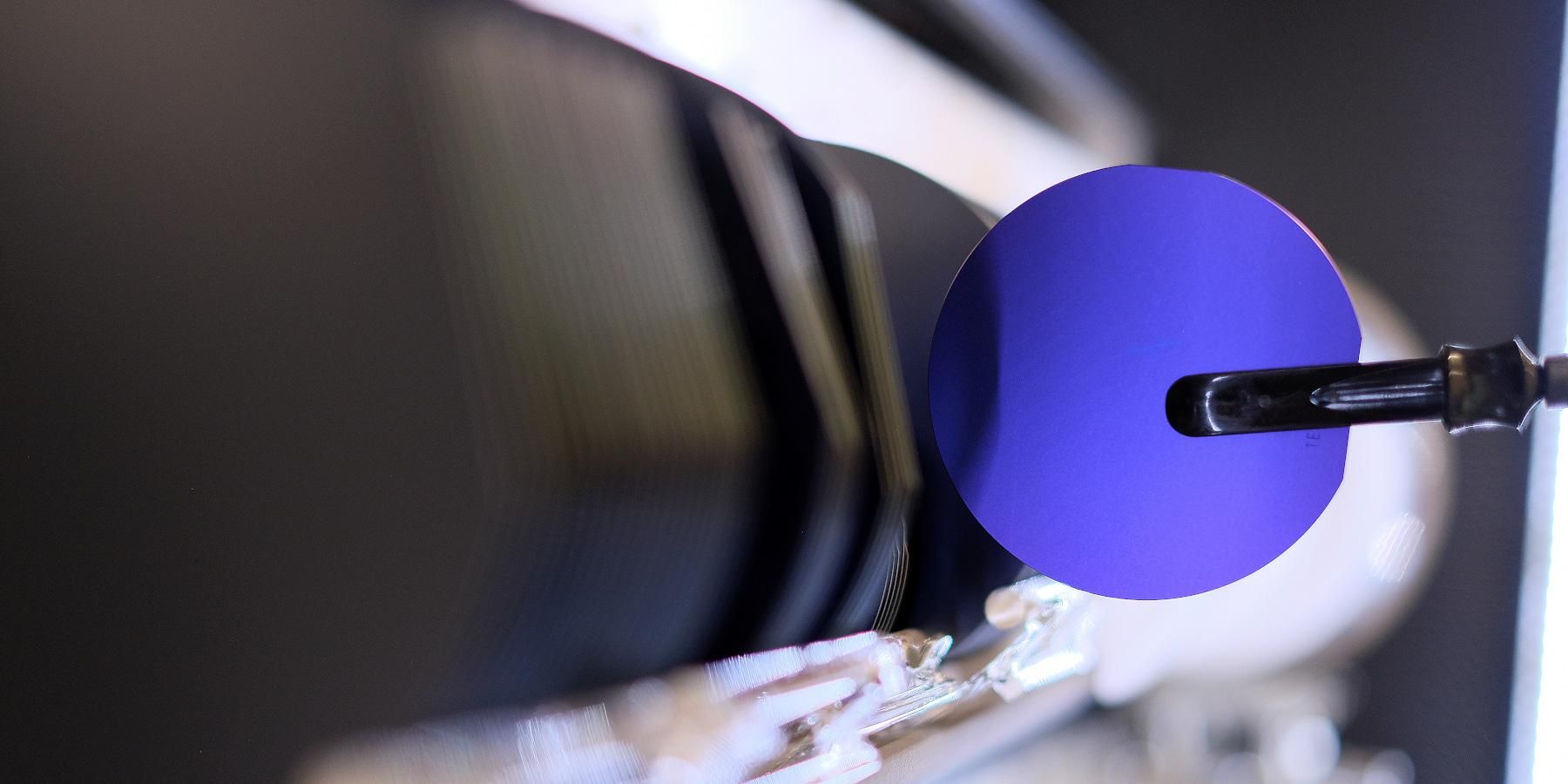State Research Networks support grants renewed
The system of state research networks receives new funding within the framework of the Plan Estatal de Investigación Científica 2021-2023. Nanolito, SustainableNano and Micronanofabs are three of the financed networks in which the research staff of the Institute of Microelectronics of Barcelona (IMB-CNM, CSIC) participate.

The AEI (Agencia Estatal de Investigación), through the Programa Estatal de Generación de Conocimiento y Fortalecimiento Científico y Tecnológico del Sistema I+D+I and the Programa Estatal de I+D+I Orientada a los Retos de la Sociedad, approved in March the concession of public aid aimed at promoting research within the framework of the Plan Estatal de Investigación Científica, Técnica y de Innovación.
This support applies to the Thematic Networks, the ICTS Networks and the Strategic Networks and its purpose is the creation of research systems to promote the complementarity of capacities and optimize existing research resources. Thus generating cooperation between research groups from different national institutions.
The total funding destined is € 4,000,000 and the start date of all actions is June 1st, 2023.
The IMB-CNM participates in three of these networks: Nanolito, SustainableNano and Micronanofabs.
Nanolito
It is a research network that has been active for fifteen years and is coordinated by Professor José María de Teresa Nogueras, from the Universidad de Zaragoza and the Instituto de Nanociencia y Materiales de Aragón (INMA-CSIC). It is composed of the main Spanish research groups that use nanolithography and nanofabrication processes as an essential part of their activity, and its purpose is the exchange and transfer of knowledge between Spanish agents (research groups, centers and companies) in the field of nanolithography. The NEMS and Nanofabrication group of the IMB-CNM is among the included groups, and researcher Francesc Pérez-Murano leads this contribution.
The renewal of this grant represents a boost to the manufacture of nanometer-scale structures and devices, as well as their research and their ability for technological applications. It will make it possible to accelerate Europe's autonomy in the manufacture of microchips, contribute to the development of quantum technologies, train future research and technical personnel in the sector and improve the gender perspective.
Some of the participating institutions are research centers such as the Catalan Institute of Nanoscience and Nanotechnology (ICN2), the Institute of Photonic Sciences (ICFO) and the Instituto de Micro y Nanotecnología de Madrid (INM-CSIC), as well as universities, such as the Universitat de Barcelona (UB) or the Universidad Complutense de Madrid (UCM) and other institutions such as the IMDEA Nanociencia Foundation.
SustainableNano
It is a National network coordinated by Pablo Ordejón, director of the ICN2. The goal is for every research center involved to work together in a safe, sustainable and beneficial way for society. It seeks to establish sustainability criteria throughout the entire research process, but also in production, consumption, waste generation and recycling. It intends to obtain results within the duration of the project, which would facilitate the change in the short term, but also the impact in the long term.
The IMB-CNM is part through the NANOnems group, directed by Joan Bausells, and participates with the purpose of generating knowledge and exchanging information to integrate sustainability in each step of the research and to communicate and disseminate these criteria to the general public.
Micronanofabs
It is the National network created around the Unique Scientific and Technical Infrastructures of semiconductors micro and nanofabrication clean rooms (ICTS). The IMB-CNM has been part of this distributed network since its creation in 2015. Micronanofabs also encompasses the clean rooms of the Centro Tecnológico de Nanofotónica de Valencia (NTC-UPV) and the Instituto de Sistemas Optoelectrónicos y Microtecnología de Madrid (ISOM-UPM).
The IMB-CNM Clean Room, directed by David Quirion, offers his knowledge on manufacturing and characterization of devices together through dissemination activities. It is the largest public micro-manufacturing infrastructure in Spain.
The grant will promote the general coordination of the ICTS and improve its technological offer in the fields of micro and nanofabrication, photonics and characterization of materials and devices.





